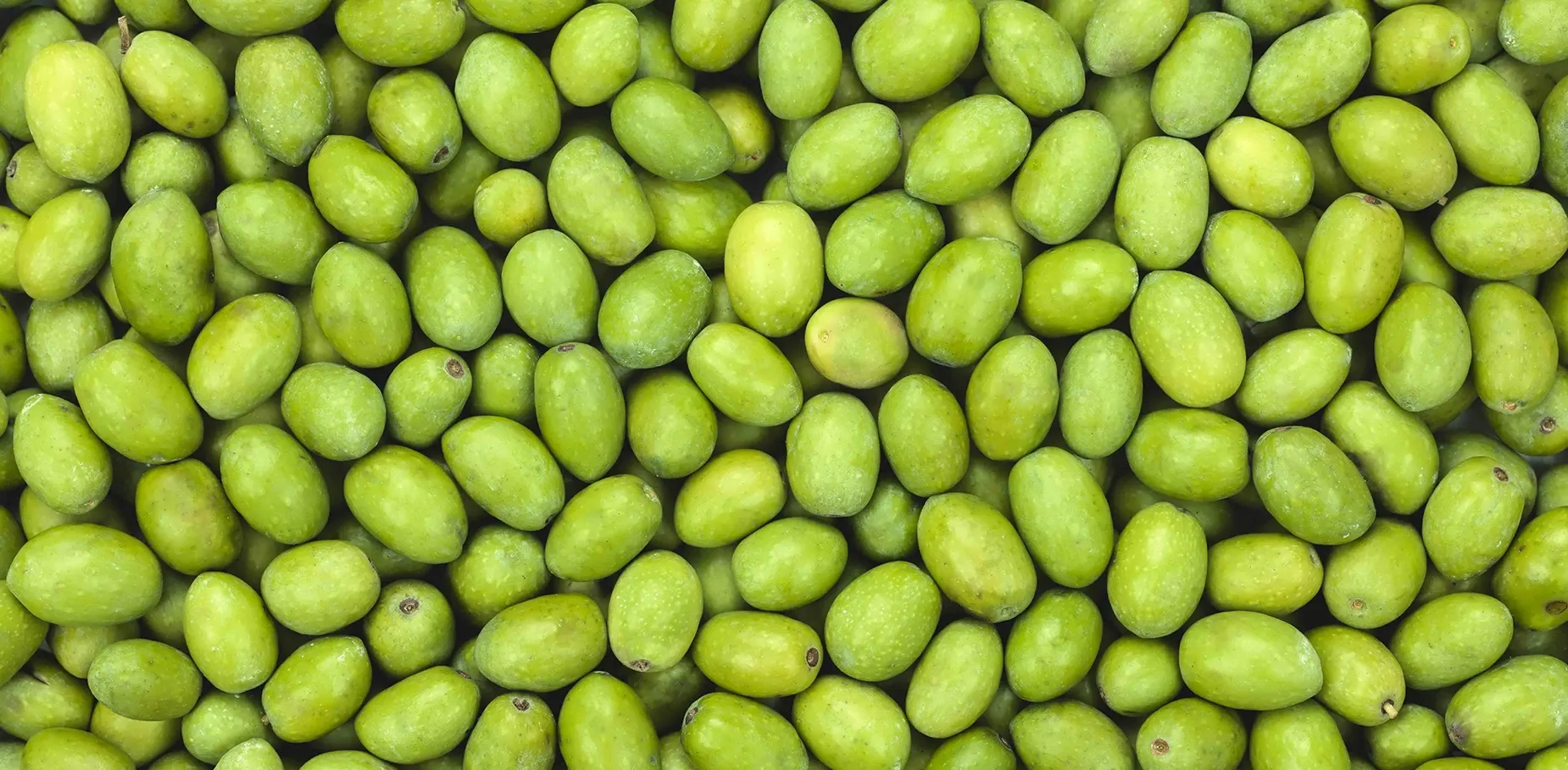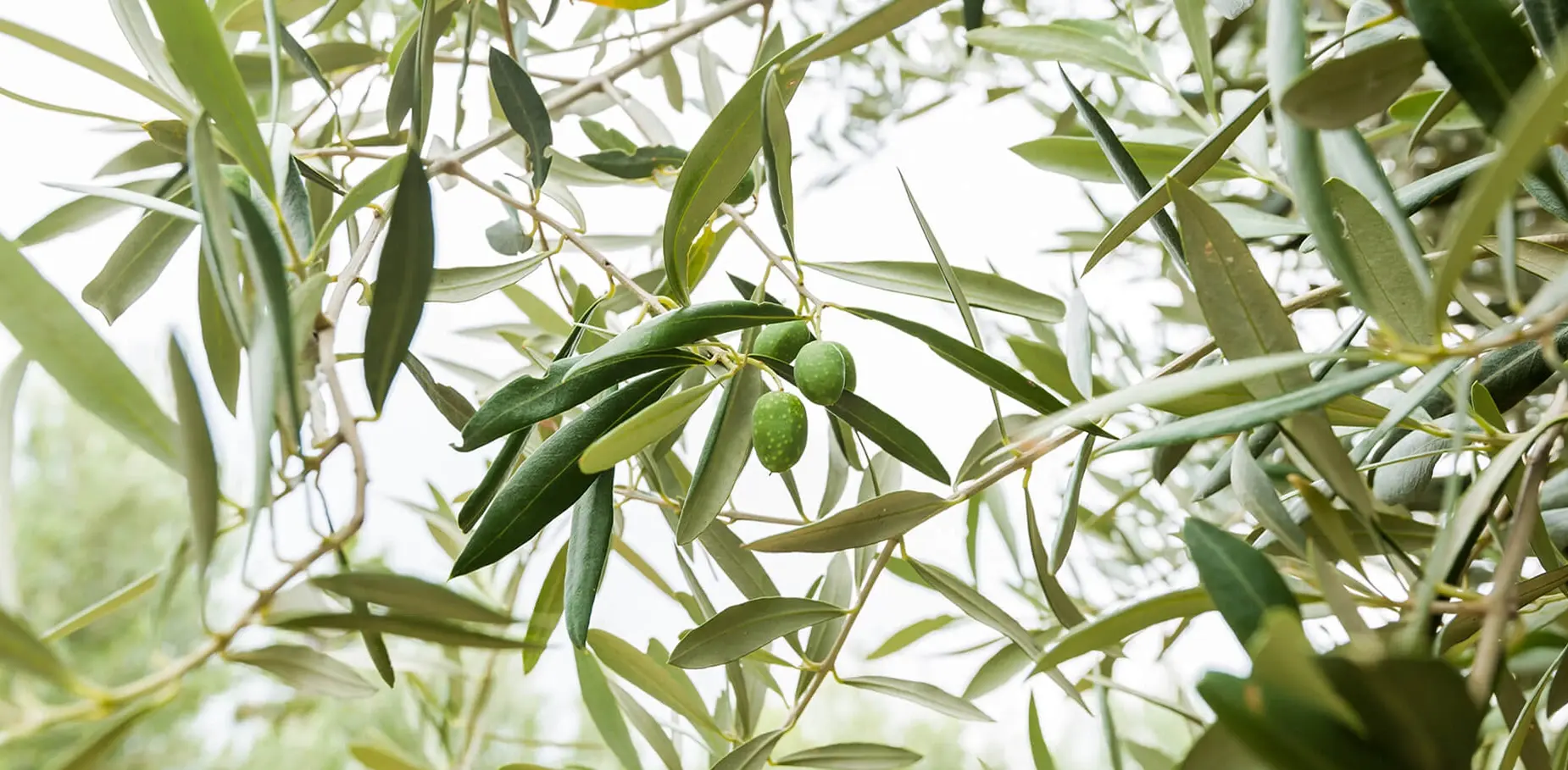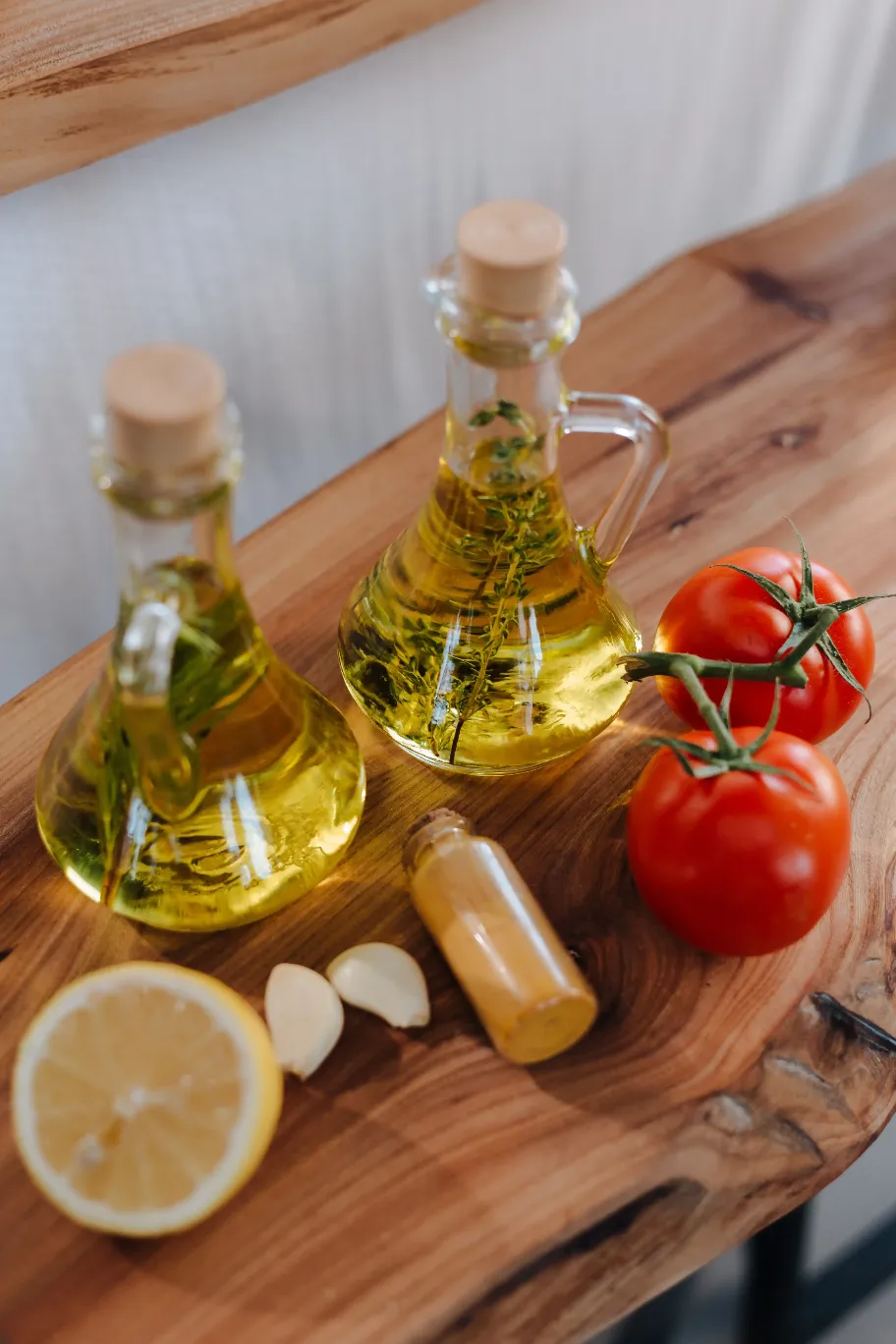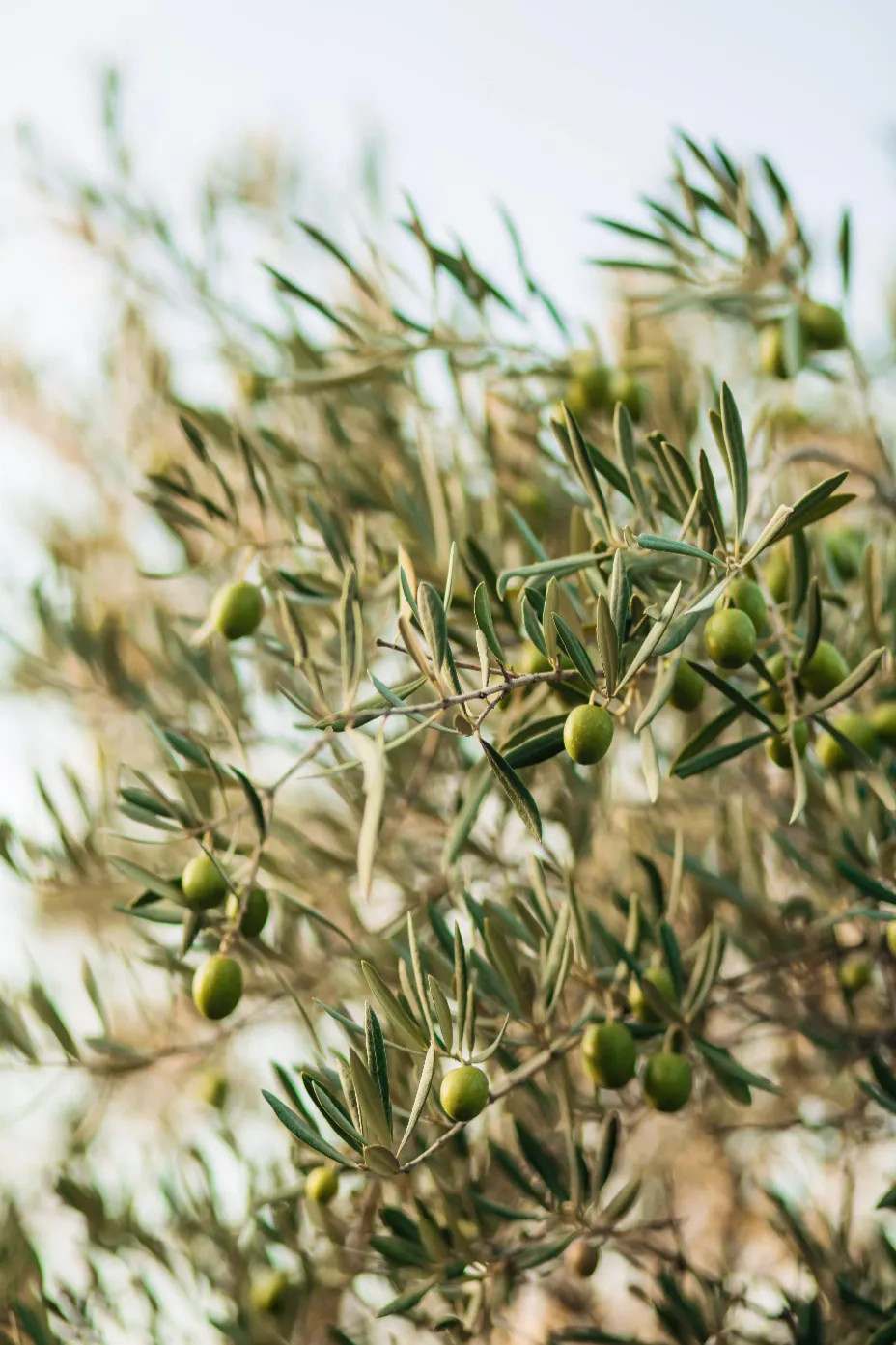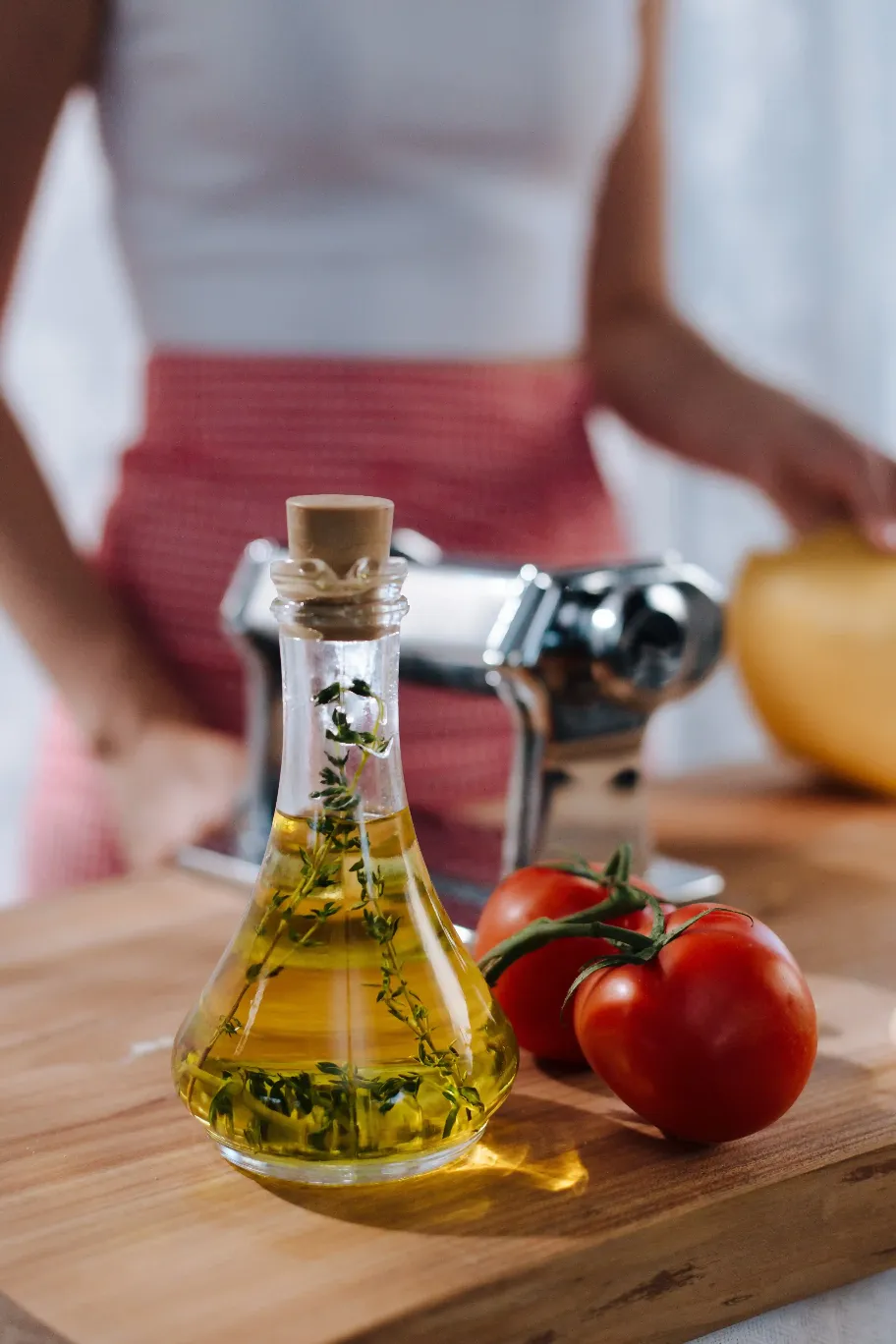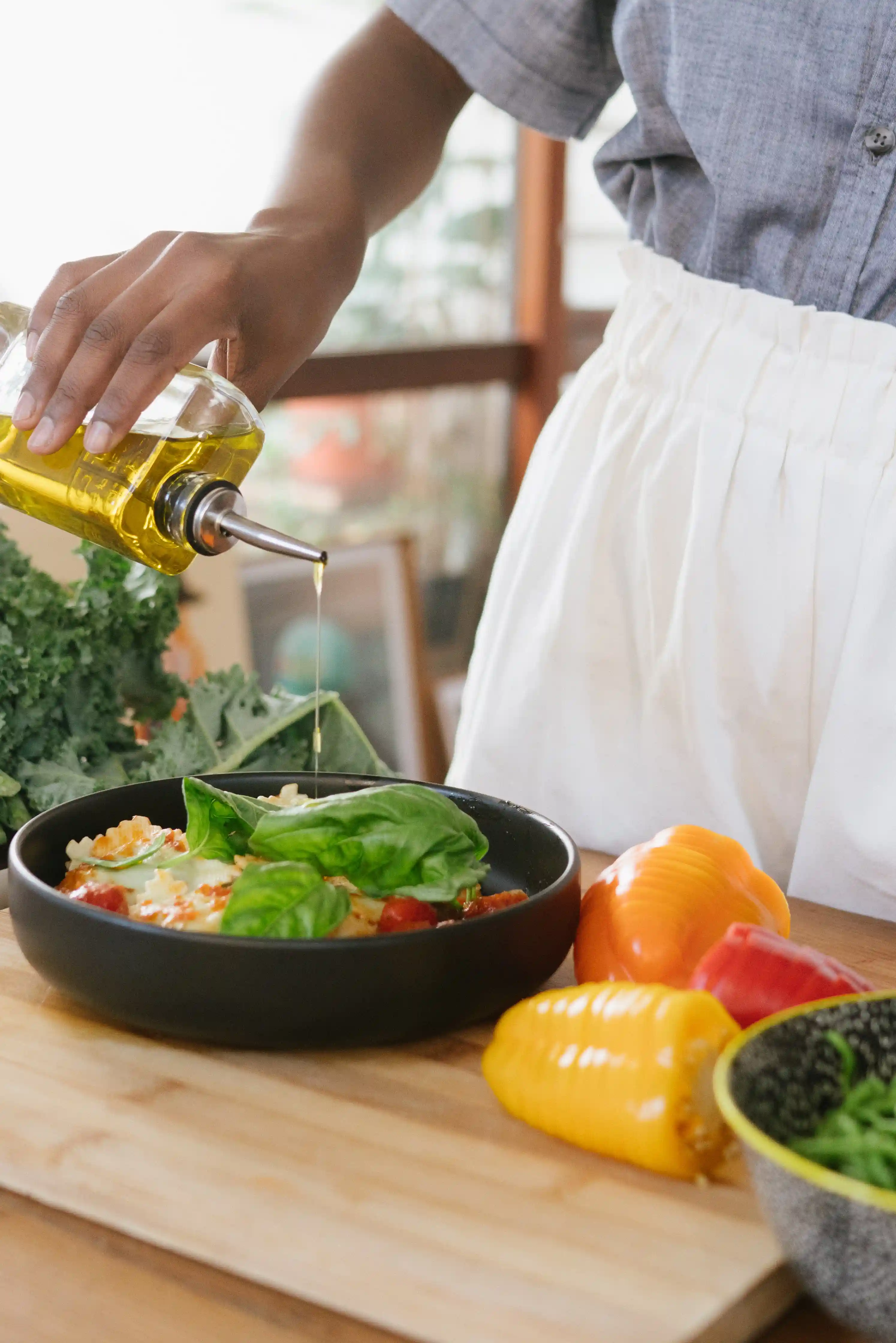We meticulously prepare the quality of OOVIVA... Come on! Join us on this special preparation journey!
Our treasured gardens are located in valleys facing the sea at altitudes ranging from 400 to 1000 meters, where the humidity is low. Designed to allow ample sunlight and wind, the trees in our gardens are arranged to not obstruct each other. The minerals in the rocks found in our gardens contribute to our olive oils' high polyphenol levels and robust aroma.
To achieve high polyphenol levels, we begin by selecting trees with exceptional genetics. Since pollination alters the fruit's genetics, we ensure the protection and aromatic quality of our trees by planting compatible plants and trees alongside olives.
We select the most appropriate care practices, guided by knowledge, to allow our olive trees to preserve their own defense mechanisms – in other words, their high polyphenol levels. We refrain from using excessive pesticides, fertilizers, and irrigation, ensuring that our approach aligns with their natural needs.
We prefer the Trapetum technique during the olive pressing process, aiming to crush only the fruit while avoiding any damage to the kernel. Numerous modern studies have shown that olive oil obtained through this technique, which was used by the Lycians and Romans in ancient times, is richer in polyphenols and aroma.
We bring the facility to the olives, not the olives to the facility. With our OOVIVA Mobile Olive Oil Production Facility, we chase after high polyphenol content by processing the olives we harvest within a maximum of 2 hours.
Throughout the entire olive pressing process, especially during the crushing phase and separation, the temperature should not exceed 27°C. To achieve the best results, we maintain the ambient temperature around 24°C before commencing the procedures.
We are aware that polyphenols are soluble in water. Therefore, apart from washing the harvested olives, we abstain from using water entirely in processes such as kneading (malaxation), decanting, and separation. After washing the olives, we proceed by promptly drying them before further processing.
Zeytin hamurunun oksijenle temasını kesmek için en uzun işlem olan yoğurma (malaksasyon) aşamasını kendi imalatımız olan vakumlu tanklarımız ile gerçekleştiriyoruz. Böylece hücre parçalanmasını artırarak yüksek verim ile daha yüksek polifenol seviyesine sahip güçlü aromatik ürünler elde edebiliyoruz.
Instead of using separators commonly used to separate olive particles remaining in the oil, we employ the Accelerated Natural Sedimentation Method, which operates without the need for heat or water. Throughout all stages, we preserve the polyphenol and aromatic content of our oil, ensuring that the final step is flawlessly executed.
